What Is Ruby Used For? Learn About Ruby Programming Language Uses
Not sure which programming language to learn?
If you’ve done much research on programming, you’ve probably heard about Ruby. Ruby is a programming language used for many things. It can range from web app development to data analysis. It’s user-friendly and straightforward to learn if you put in the time.
Why Should You Learn Ruby?
Whether you’re a beginner or an experienced developer, learning Ruby is a good idea. Why?
- For multiple benefits (described in this post), Ruby developers are in demand as more companies and startups prefer to adopt Ruby. Ruby programmers demand the highest salaries in the developer industry, and have tons of employment prospects.
- Ruby is an easy-to-use programming language. Ruby’s emphasis on minimizing confusion and providing easy error adjustment makes it one of the most acceptable languages for a novice programmer to learn.
- It’s versatile. Ruby’s use cases for front-end and back-end development and its rampant worldwide community provide endless opportunities for apps and procedures. Ruby is perfect for creative programmers who don’t want to be limited.
So, Ruby programming skills can make you a flexible and valuable programmer. But if you’re new to Ruby, you may feel overwhelmed. Programming knowledge on the Internet is plentiful, but not all of it is useful. Then where do Ruby beginners start?
Read on to get full introduction to Ruby programming:
- What is Ruby?
- What are its benefits?
- What is Ruby used for (Ruby programming language uses)
What Is Ruby?
Yukihiro Matsumoto created Ruby in the mid-1990s. Yukihiro wanted to create an object-oriented scripting language that increased code reuse. Note that programmers can reuse code for comparable functionalities in many apps, decreasing development time. So, Ruby was built to act like both a scripting language and an object-oriented language.
On the one hand, scripting language features include:
- Open-source means users may access and change it.
- It’s simple to use.
- Developed quicker than an actual program.
- Few data structures make it straightforward to write and modify.
- The language improves website engagement.
- It creates browser-based apps.
- It creates extensions and plug-ins.
On the other hand, object-oriented language features include:
- Encapsulating objects makes troubleshooting and collaborative development simpler.
- Through inheritance, teams may reuse code and avoid writing it many times.
- Multiple libraries and reusable code speed up software development.
- Programmers may separately implement system functions.
- Message passing methods simplify descriptions of external systems.
- Encapsulation and abstraction safeguard internet protocols and hide sophisticated code.
- Polymorphism adapts a function to its class. Same interface can pass different objects.
Ruby underwent years of changes and revisions in order to satisfying new programming demands. Also, it adapted to emerging technology like tablets and smartphones. Many programmers continue to prefer using Ruby. The Ruby on Rails framework and its programmers remain in demand by internet businesses and startups.
Benefits Of Ruby
It won’t take long to learn about Ruby on Rails or the Ruby programming language. Both are pretty popular.
Ruby’s official website says it balances functional and imperative programming. It’s natural and intuitive, yet not too simple to work. Ruby is a “beautiful, artistic language.”
Ruby is a programming language developed for front- and back-end web development. It’s a dynamically typed, object-oriented language with a high-level syntax. Some believe they can comprehend Ruby code before learning to code. For example, learning Ruby might take only a month for novices. Even programmers simply need to learn Ruby syntax to start coding.
Ruby on Rails is a popular web development framework. Ruby is most known for web development, although it has additional applications.
Ruby is flexible and portable. Operating systems like Windows, macOS, Linux, UNIX, and DOS can utilize it. Ruby can accomplish almost every programming task.
Unlike Python, Ruby provides a range of ways for problem-solving. It offers programmers more control and customization. Ruby hides things from programmers to encourage simplicity and more efficient work. In contrast, C/C++ makes many things visible and so complicates the job.
What Is Ruby Used For? Ruby Programming Language Uses
So, what is Ruby used for, or what are different Ruby programming language uses? Ruby (and Ruby on Rails) powers several web and e-commerce apps. Here we’ll see inventive Ruby uses.
Web-Based Applications
There is a good chance that you utilize web applications that are powered by Ruby on Rails daily. Many well-known websites and applications use Ruby on Rails. Some examples are:
- Hulu
- Twitch
- Fiverr
- Goodreads
- Github
- Bandcamp
- Airbnb
- Square
Still, Ruby is the language of choice for many developers working on innovative and helpful online applications. Apps for social networking platforms have been created in Ruby on Rails. Mastodon, Diaspora, and Socify are some examples. Both Kickstarter and Indiegogo, two of the most well-known crowdfunding services, are built on the Ruby on Rails web framework.
E-Commerce
Ruby is essential to the success of online businesses. Ruby on Rails is capable of accounting and customer relationship management (CRM). It can also perform:
- Marketing tool management
- Inventory monitoring
- Payment processing
- Order processing
- Shipping
So, it is ideal for use in online retailers. Ruby on Rails is the platform that powers many well-known e-commerce websites. Shopify, Solidus, and Spree are some of the significant examples.
Automation Of Tasks
Ruby simplifies automating processes on computers and networks. The DevOps application Chef is a well-known illustration of the automation capabilities of Ruby. Chef simplifies the process of installing and configuring applications. You can develop short Ruby scripts for yourself to do backups and filter through images. You can also download podcasts, generate reports, and do other chores that are too laborious to do manually.
Applications For Smartphones And Tablets
Back-end mobile application development can use Ruby. RubyMotion is a widespread Ruby implementation. It can develop applications for the iPhone, iPad, and Android operating systems. It also allows the development of Ruby applications for the macOS operating system. Ruby is not among the most popular programming languages for developing mobile applications. Java, Swift, and Kotlin are now in the lead. But mastering Ruby can speed up the process of developing mobile applications and submitting them to app stores.
Web Scraping
Ruby can extract information from websites and then parse it. It is called web scraping that has a variety of purposes. Examples are market research, competition analysis, brand monitoring, and lead generating. Programmers can build web scraping apps in Ruby to extract information from the web content and transform it into usable data to be evaluated in any format.
Desktop Applications and Command-Line Tools
Ruby is a simple method for writing programs you execute from the command line or the terminal. If you use macOS, you’ve likely used Homebrew to install applications. Homebrew is based on Ruby, much like the prominent security framework, Metasploit, used for pen-testing.
Data Processing
Data scientists can use Ruby to process, analyze, and store data. Ruby is a programming language that is effective for data cleansing, transformation, and validation. When it comes to calculations for machine learning, data scientists have access to straightforward, dependable, and practical solutions. They use a combination of the Ruby on Rails framework and Python.
Game Development
Ruby enables the creation of games playable on several platforms. Imagine being able to write a whole game in only a few lines of code. With Ruby, this is entirely doable. Ruby gems such as Gosu or Ruby2D can help create simple games compatible with Linux, macOS, and Windows.
Interaction With Databases
Ruby allows you to connect to databases and run queries on them. Ruby can connect to SQL, MySQL, Oracle, MongoDB, and many other databases. It is thanks to “gems,” which are essentially libraries or modules installed on your computer.
Get Started Your Journey Today!
Now that you know the basics, you can get started with Ruby right away with our bite-sized courses! With Sololearn, you can quickly get familiar with this widely used and universal programming language, and discover tons of opportunities.


